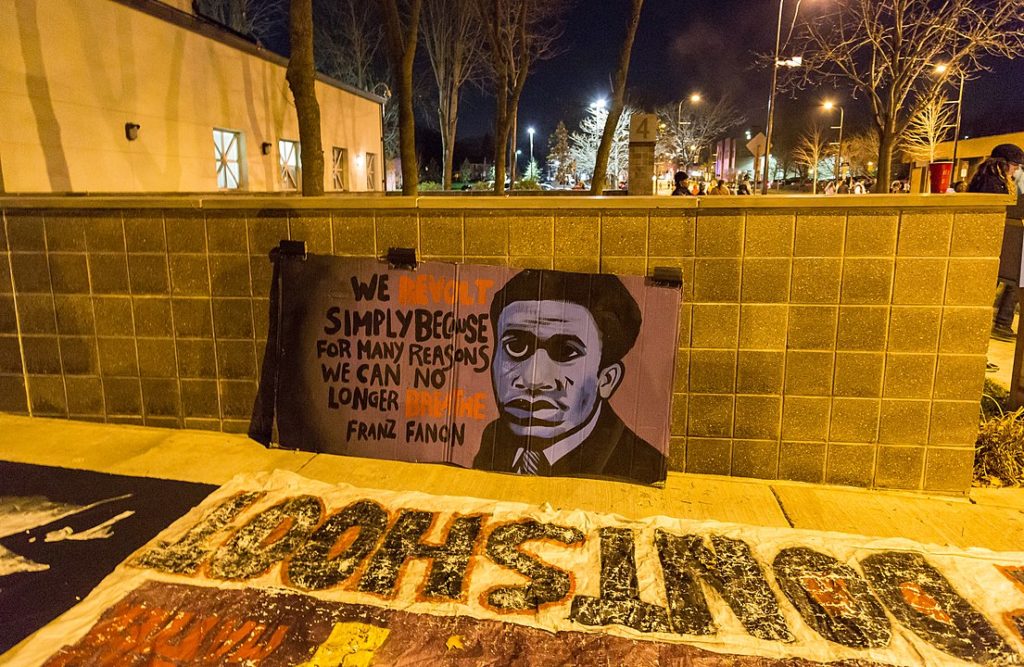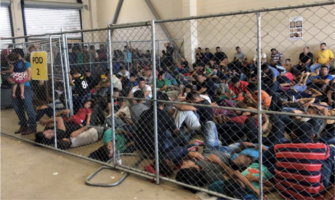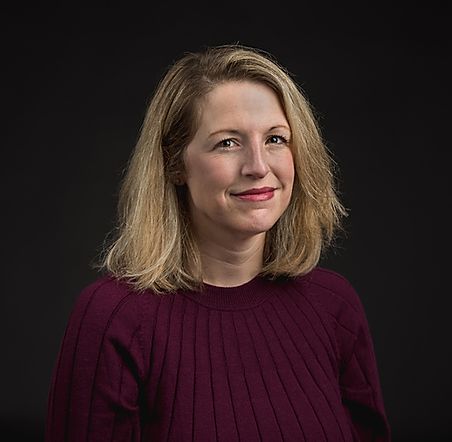
When comparing and contrasting decolonial and postcolonial approaches to ethical categories like freedom, scholars of religious ethics must address how those working in the field of ethics may uncritically reproduce power hierarchies. The need to address such concerns is not entirely new to religious ethics. Saba Mahmood’s work, as well as that of Talal Asad’s, shares with decolonial and postcolonial approaches a deep skepticism of the ability of ethical inquiry to transcend the power structures of which it is a part. If the study of ethics in religion is associated with making valuations that sustain, rather than challenge or question, existing social hierarchies, it is easy to see why those who study, and/or belong to, historically marginalized populations may be ethics-avoidant.
The decolonial ethics of Maldonado-Torres offers a conception of human freedom rooted in love, primarily through relationality or solidarity with others. This is a stronger normative claim than we would find in the ethnographic studies of Mahmood or Asad’s critical theoretical forays into ethnographic reflections. However, his focus on the moral capacities of those historically relegated to the “zone of nonbeing”— a phrase first introduced by Frantz Fanon and developed by Sylvia Wynter which insists that colonized people (and people of color more generally) lack souls and moral agency, and by implication, being—has resonance with Mahmood’s and Asad’s accounts because it attends to how racism and colonialism continue to shape the identities and politics of various communities.

One question we ought to pursue more systematically is why historians of religion and anthropologists—whose work often addresses colonialism in some form or another—tend to avoid the terminology and frameworks of ethics. Maldonado-Torres illuminates how ethicists have failed to examine race in relation to religion, which may indicate that methodology in ethics on the whole has not engaged sufficiently in a systematic analysis of power. Although Mahmood does not address race specifically, it is useful to consider what she achieves by revealing the ineffectiveness of Western ethical concepts in the context of the Egyptian women’s mosque movement. Ethicists should ask: Why do scholars like Mahmood dismiss the discourse of ethics when focusing on the experiences of people who have been excluded from the shared realm of politics—or of being and freedom—on account of their otherness? How has ethical discourse been rendered inaccessible, unimportant, or even harmful to the types of inquiry at hand?
The modern field of philosophical ethics was engendered by the development of Western secular liberalism, and is connected to colonialism and Western hegemony. This has had important implications for religious ethics and the field of religious studies more generally. To name one example, Robert A. Orsi interrogates the dominance of the white liberal Protestant view as historically normative within the field of religious studies, arguing that by foregrounding questions of morality, it determined which types of religion are “good” or “bad.” This resembles the distinction that Maldonado-Torres discusses in the categories of human/subhuman and civilized/uncivilized and corresponds to the same colonial history.
Both decolonial and ethnographic approaches confront scholars of religious ethics with several important tasks. First, we must consider how the fields of religious and philosophical ethics have been shaped by political interests and power differences. Specifically, this work entails engaging the question of how colonialism and racism continue to influence who, how, and what we study. There is an imperative for scholars to recognize how the modern history of categorizing others in the zone of nonbeing has filtered into our consciousness, our assumptions, and at times, our arguments.
Second, to Maldonado-Torres’s point, ethicists have a responsibility to include—by inquiring about, describing, and attending to—the moral agency of subjects on the social margins, and who reside in the (ontological) zone of nonbeing. That imbalances of power shape frameworks and categories does not obviate the need to conceptualize the agency of the disempowered. Yet we cannot do so at the cost of excluding their voices, and thus it is necessary to develop more inclusive methods and frameworks. Feminist ethnography constitutes a strong resource in this regard. In the context of American Islam, the work of Juliane Hammer, Debra Majeed, and others offers insight into how we can better theorize moral agency in light of colonial histories of violence, patriarchy, and the evolving question of religious and cultural identity.
Additionally, scholars in the field of religious ethics can continue to develop a more robust discourse around agency and power using the insights of feminist philosophy. Such work focuses on the relationality of persons and the ways that structural injustices shape ethical subjects and their choices. It also addresses how relative differences in social power and material resources can generate different degrees, and types, of responsibility. My work on feminist virtue ethics and religious freedom is critical of how ethical discourses exclude women on topics pertaining to their embodied and material flourishing. In feminist ethical inquiry generally, we are less interested in identifying the obligations of a universal subject, and more invested in comprehending the conditions under which subjectivity and responsibility are possible, and whether they are recognizable as such by others.

A more inclusive approach to ethics follows from a willingness to question and modify our ethical categories, as well as our methods, when they do not comport with, or omit, the experiences of marginalized communities. To put it another way: the integrity of religious ethics as a field depends on scholars’ ability to listen to, and take seriously, structural oppression and its relation to definitions of personhood. According to Maldonado-Torres, sub-ontological difference serves as a basis for structural injustices. When we consider the case of migrant children and others who are imprisoned at the U.S.-Mexico border, a relationship between the zone of nonbeing and the reality of material and legal deprivation becomes clear. Hannah Arendt’s observation of the paradoxical “right to have rights” (296) is particularly salient: if only citizens can claim human rights, what about the human rights of those who languish at the border? Scholars of religious ethics must attend to the political and ethical realities that emerge from these places of contradiction.
In summary, scholars in religious ethics must work consistently to produce approaches to ethical inquiry that counter exclusionary variants of it that have been practiced in the past. We must continue to dismantle the binaries of good/bad and civilized/uncivilized religion and people, and to pursue clarity in our descriptions of moral agency. How religious ethicists respond to these challenges will shape the direction and viability of the field in future years.

